Since the changing of the year seems to be the time for lists, top ten lists, etc., I decided to compile mine about being creative whist producing cutting‐edge research. Not for the faint‐hearted! Here goes:
1. Be curious. Be a detective. Be ready to be surprised by answers you never expected. It should, in the end, be a good story that you can tell.
2. Insure that the method fits the question(s). This can often take some time. Be willing to investigate until you find the right method. This will save you a lot of grief later.
3. Explore methods. Combine them, expand them, reinvented them, but be prepared to then follow them.
4. If your research question is about people, find a way to really involve them in the process, not just answer some stupid questions.
5. Don’t panic if you method produces a lot of data. Swim in it. It’s fun and it is here that the surprises bubble up. Whatever you do, try to avoid reducing the amount of data by ‘categorizing’ it. (I detest little boxes.)
6. Think hard and long about how you want to share the results of your efforts. Text is only one of many possibilities. Really try to get your personal interests out of the way in this process and let the data lead you in selecting a format or art form.
7. Research is about discovery; Dissemination is about putting your findings into action. Ideally, we can be creative at both.
8. About half of your effort (and time) should be on producing the research, the other half on creating the outputs.
9. Creative outputs produce unexpected outcomes. Be willing to experiment, ‘go it alone’. ‘Doing’ and ‘making’ produce additional findings. Use them, they are rich and you’ve earned them.
10. Be willing to make 100 versions, then one more (Sister Corita Kent). It’s that last one that you will use.
Note: Remember, oh ye serious social scientists, that in Big Science, some of the greatest discoveries were made through mistakes and acknowledging the unexpected. Therefore:
Rule 11: Be curious about the history of your craft. Soak up as much as you can. It will both inspire and lead you.
This article by Kip Jones originally appeared on his
personal KIPWORLD blog and was then published by Creative Quarter and Social Science Space.
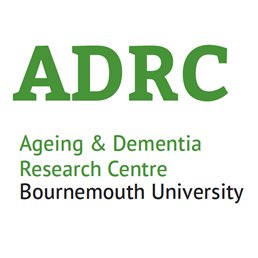
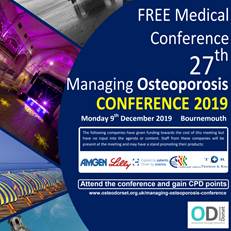
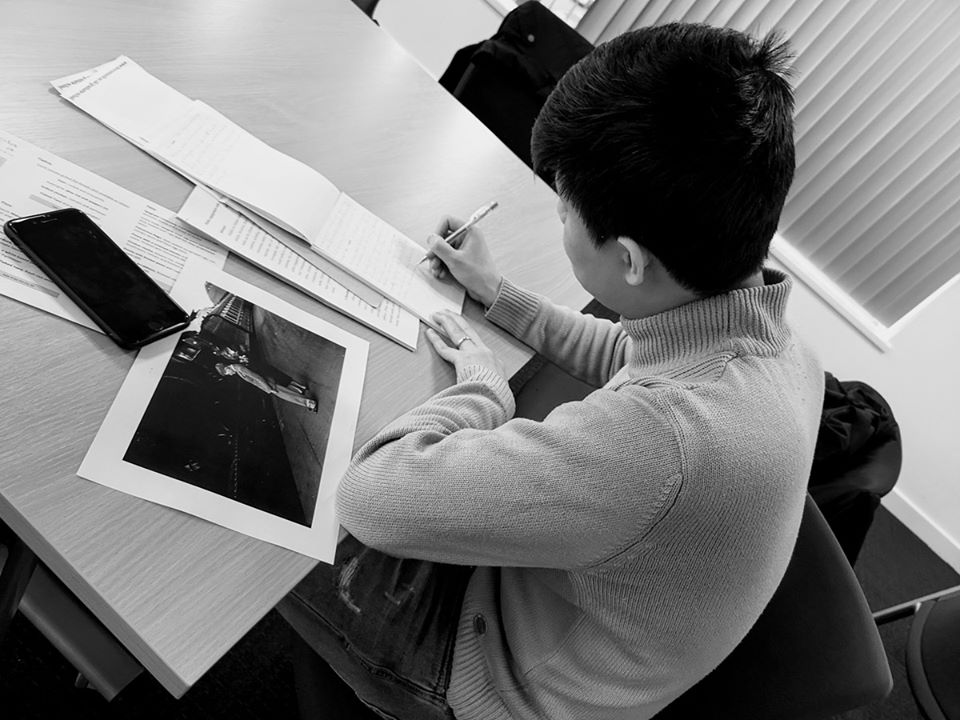


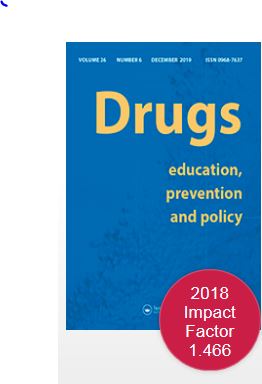
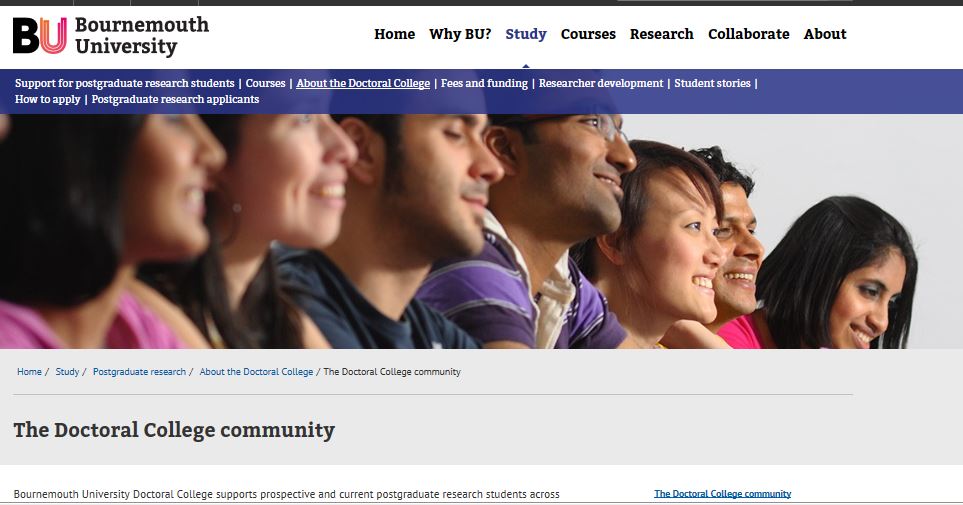
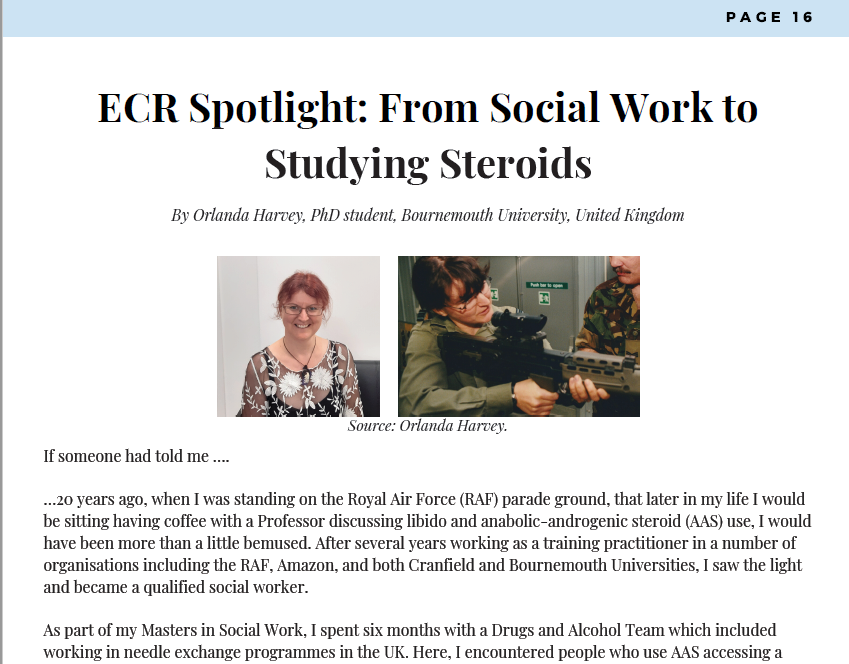

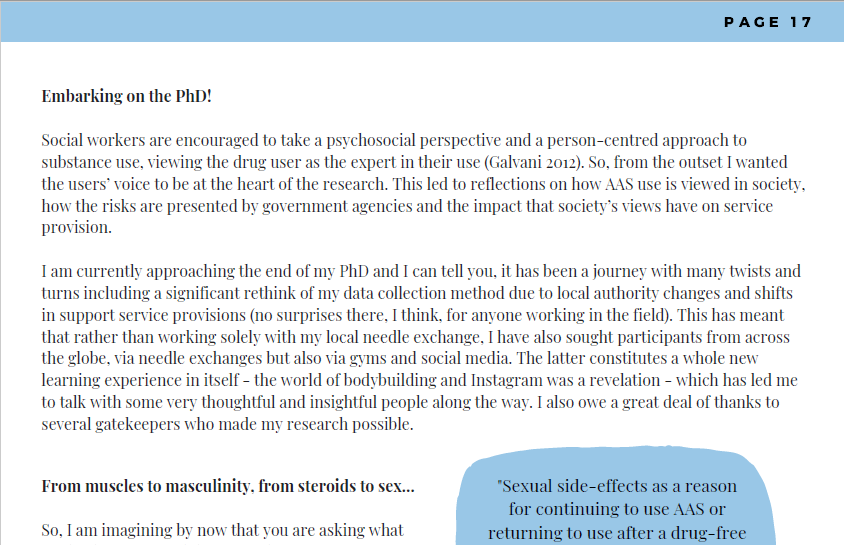
 UKRI is very pleased to announce a
UKRI is very pleased to announce a 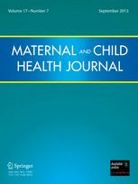

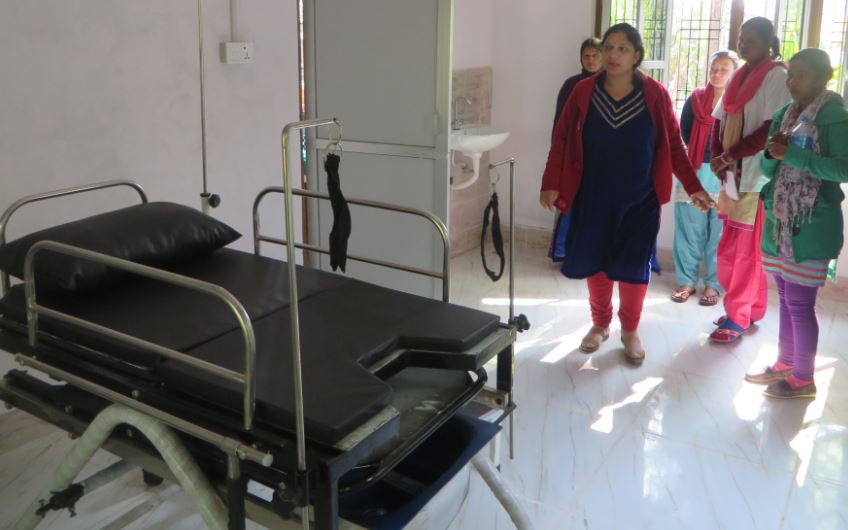
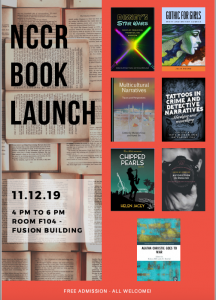


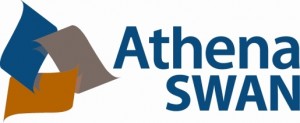
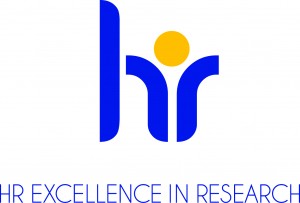











 April’s Café Scientifique – Should we help machines understand and respond to our emotions?
April’s Café Scientifique – Should we help machines understand and respond to our emotions? Postgraduate Research Experience Survey (PRES) 2024 – 2 WEEKS LEFT
Postgraduate Research Experience Survey (PRES) 2024 – 2 WEEKS LEFT Working with The Conversation: online training session – Wednesday 8th May
Working with The Conversation: online training session – Wednesday 8th May Apply for up to £1,000 to deliver an event and take part in a national festival of public engagement with research
Apply for up to £1,000 to deliver an event and take part in a national festival of public engagement with research MSCA Postdoctoral Fellowships 2024
MSCA Postdoctoral Fellowships 2024 Horizon Europe News – December 2023
Horizon Europe News – December 2023